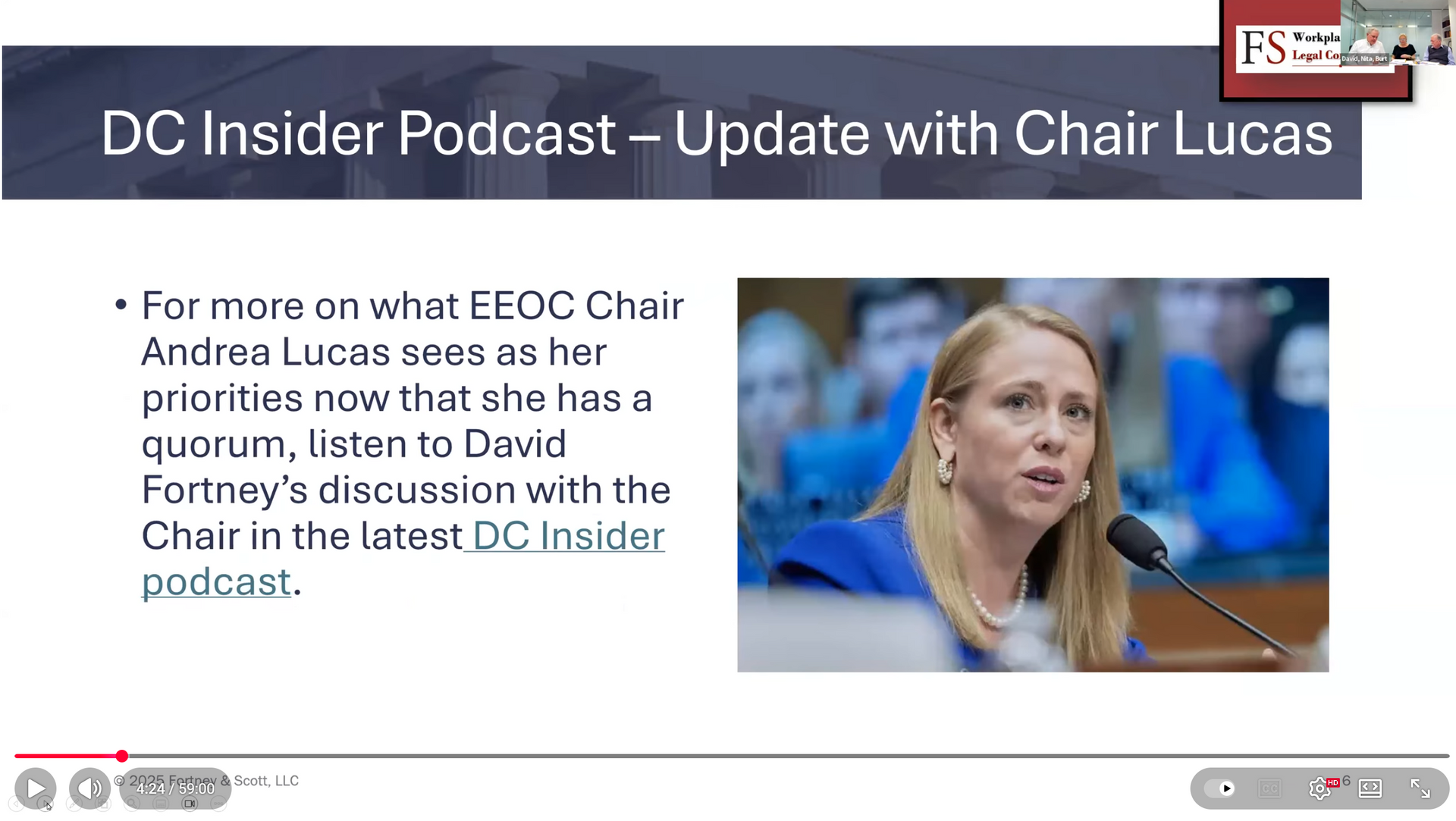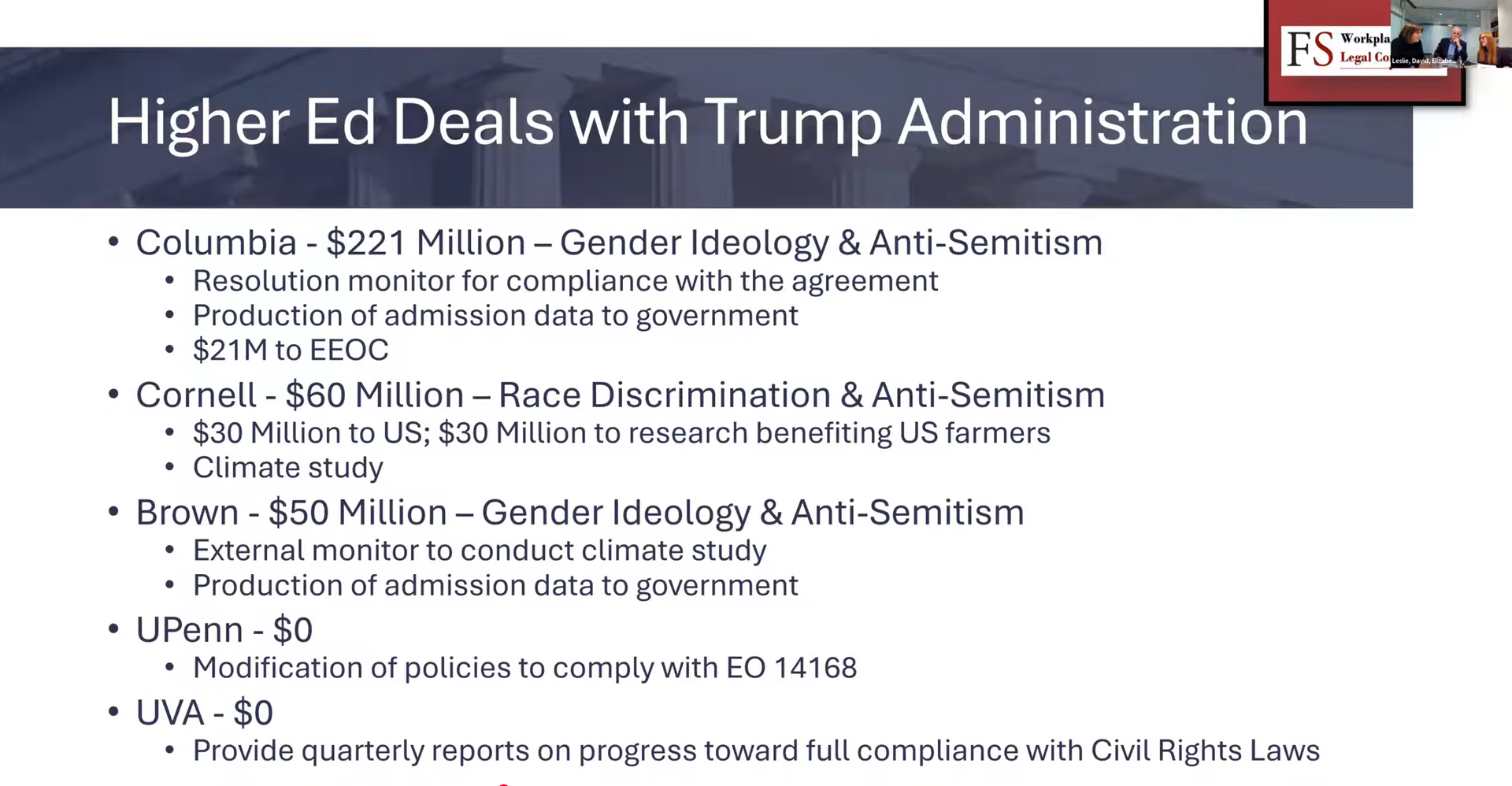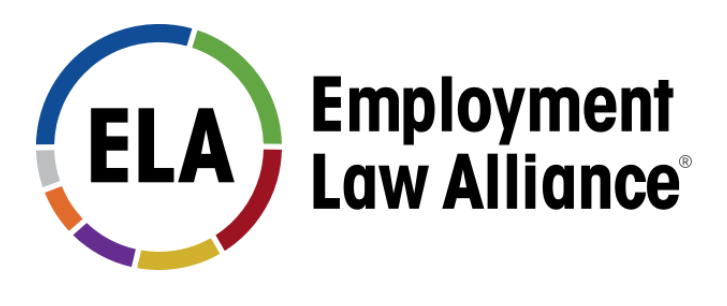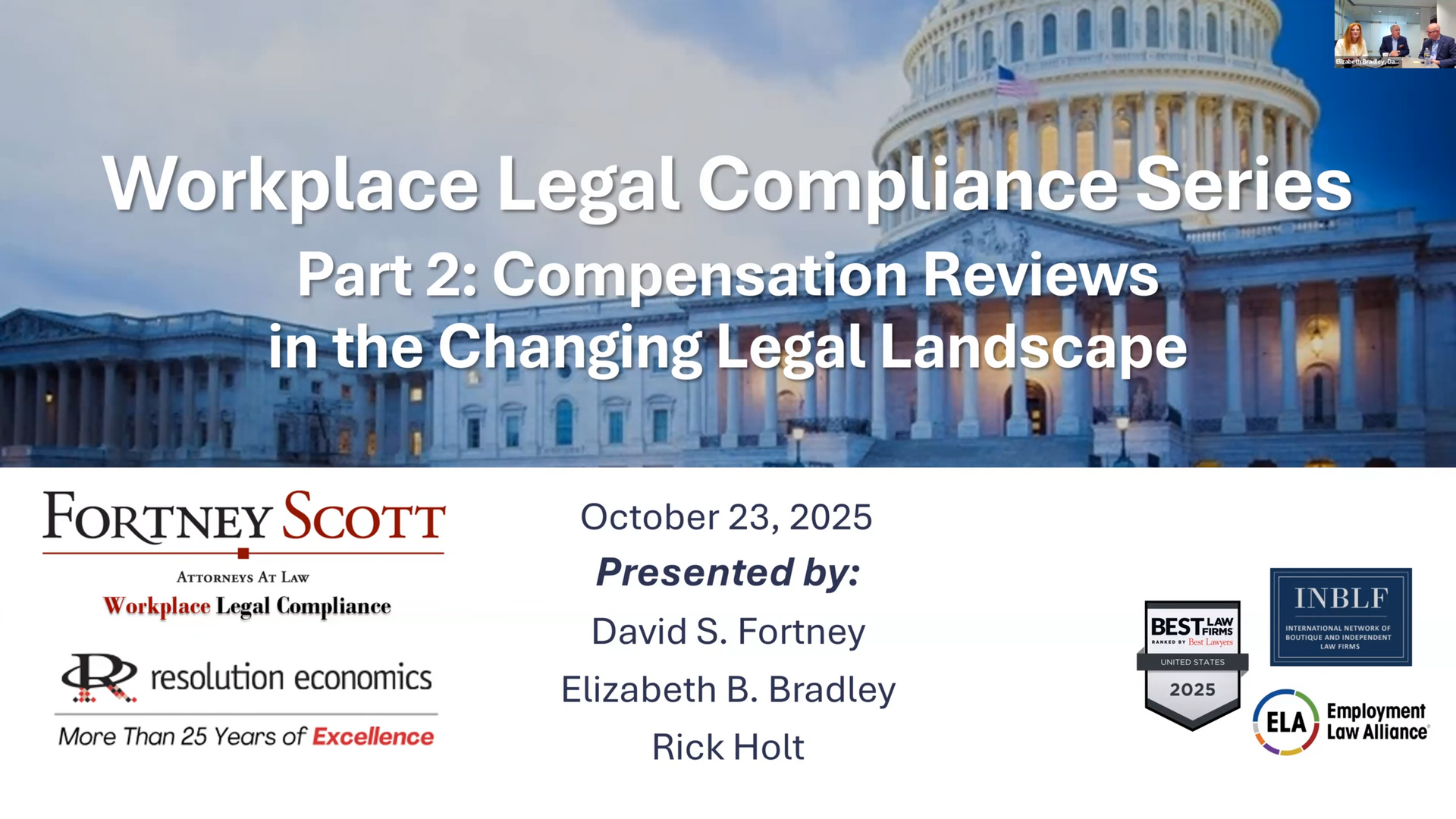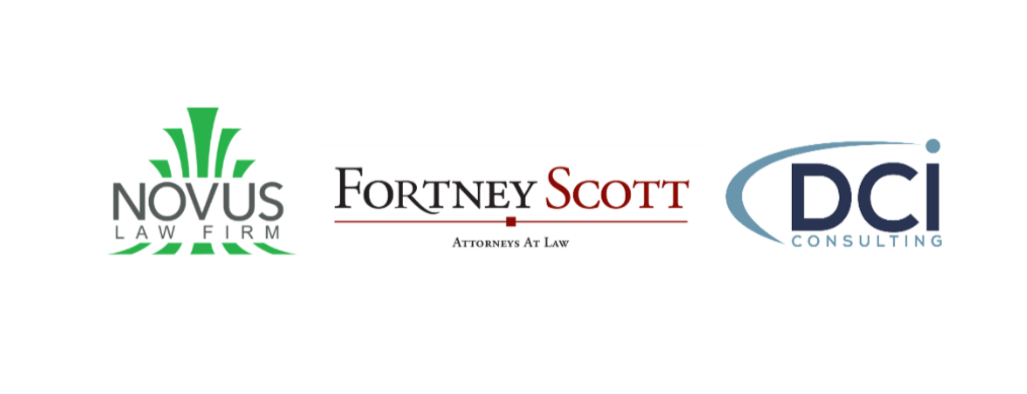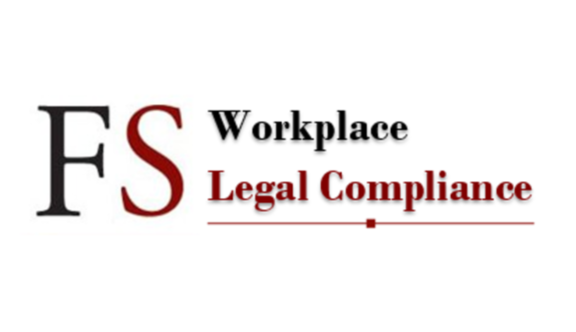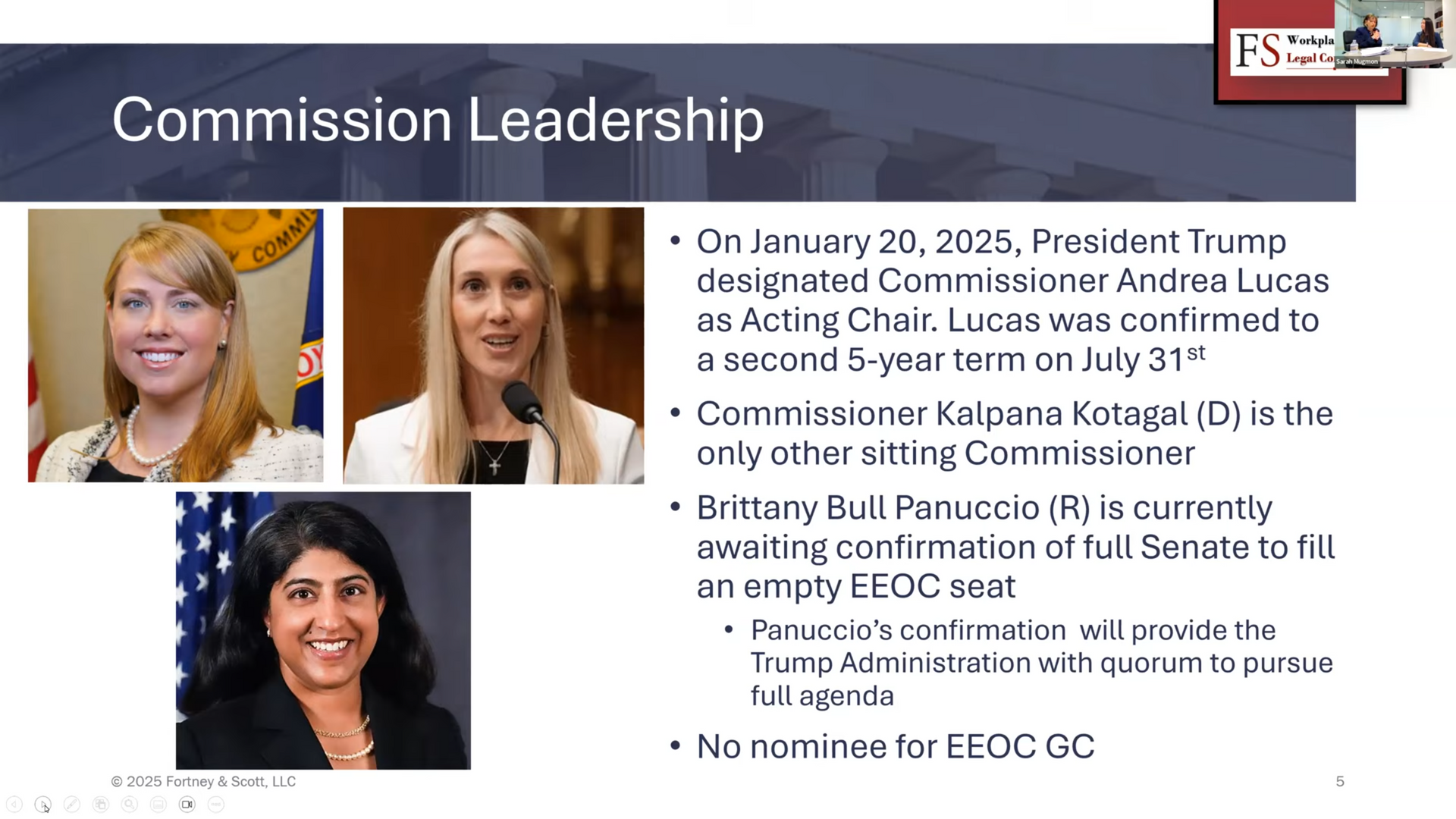Update on Fair Pay and Safe Workplace Regulations Implementation
Since the initial FS Client Alert on the final Federal Acquisition Regulation (FAR) rule and the Department of Labor (DOL) guidance implementing the Executive Order on Fair Pay and Safe Workplaces (final rule), FS attorneys have learned some important information on how the final rule will be implemented.
Current implementation of the final rule is being phased in starting on October 25, 2016. At that point, the actual or prospective contractors or subcontractors (herein “Contractor”) proposing on new procurements of $50 million or more are required to make disclosures regarding fourteen identified Federal labor and employment laws, and state approved occupational safety and health plans. The Agency Labor Compliance Advisor (ALCA) receiving the disclosures is required to place this disclosure information into an “assessment case file” that will reside in the ALCA Hub being established. It is currently anticipated that the Contracting Officer (CO) will only be provided access to the ALCA’s recommendation and identified basis for that recommendation. The CO will not have access to the underlying disclosure information in the ALCA Hub.
- The CO involved in the particular procurement will assess the ALCA recommendation to determine whether action is appropriate and, if so, what that action will be. While the disclosures will be publicly available, the Contractor may request protection from public disclosure of its explanatory or mitigating information. There is reason to believe that the underlying ALCA assessment made during a procurement may be considered predicational and exempt from public disclosure.
Starting on September 12, 2016, a Contractor can request a reassessment of its violations. The Contractor seeking the reassessment will disclose its violations and may also provide explanatory or mitigating information. The Contractor may request protection from public disclosure of its explanatory or mitigating information. However, what is not clear is whether the information submitted to DOL as part of the reassessment process can be accessed and used by enforcement agencies and ALCAs outside of the reassessment process.
- In contrast to where disclosures are made and assessment decisions are rendered by the CO during the procurement, the reassessment decision will be made by DOL, or the enforcement agency. There is concern that the written decision may not be protected from public disclosure as it is not part of a predicational deliberative process in a specific procurement.
Although the prime contractor can rely on a subcontractor’s representations regarding its Labor Law violations in making its responsibility determination, the Government is encouraging the prime to refer the subcontractor to the appropriate enforcement agency if the prime believes there is a responsibility problem.
The DoD has appointed its own ALCA. That ALCA is appointing ALCA representatives for each DoD procurement activity. The ALCA representative will be responsible for collecting the disclosure information from Contractors, for entering it into the ALCA Hub and for using DOL guidance to perform the initial assessment of whether to recommend one of following possible dispositions:
- No issue-Contractor has a satisfactory record of responsibility.
- Issue-Action is required before proceeding with an award decision.
- Issue-Contractor must commit to negotiation of LCA before the CO can proceed with an award.
- Issue-Contractor must complete the LCA as a condition of an award.
Where the ALCA representative finds an issue, the matter is referred to the ALCA with the ALCA representative’s recommendations. The ALCA will review and forward his recommendation to the CO for final review and decision. Where the CO decides to dispose of the matter per item 4, the matter must be referred to the responsible agency Suspension Debarment Official for further consideration.
For Paycheck Transparency, Contractor systems will likely require updating to enable them to report on the required information.
A formal request to delay implementation of the final rule has been submitted to the Office of Federal Procurement Policy by the Council of Defense and Space Industry Associations (CODSIA) because of the limited time available to collect information and get systems in place that can comply with the requirements. [link to letter] Other questions about possible postponement of all or a portion of the rule have also been raised.
DOL has established a portal for contractors to submit questions on FPSW implementation and it is working with the Defense Acquisition University to prepare web-based training for Federal officials on implementation of the FPSW.
The final rule is a convergence of Federal labor and employment laws and guidance and Federal government contracting rules. Understanding how these laws and regulations intersect and apply may not be crystal clear. If you have specific questions about whether you are covered by the new rule and its implementation requirements, contact your FortneyScott attorney.
